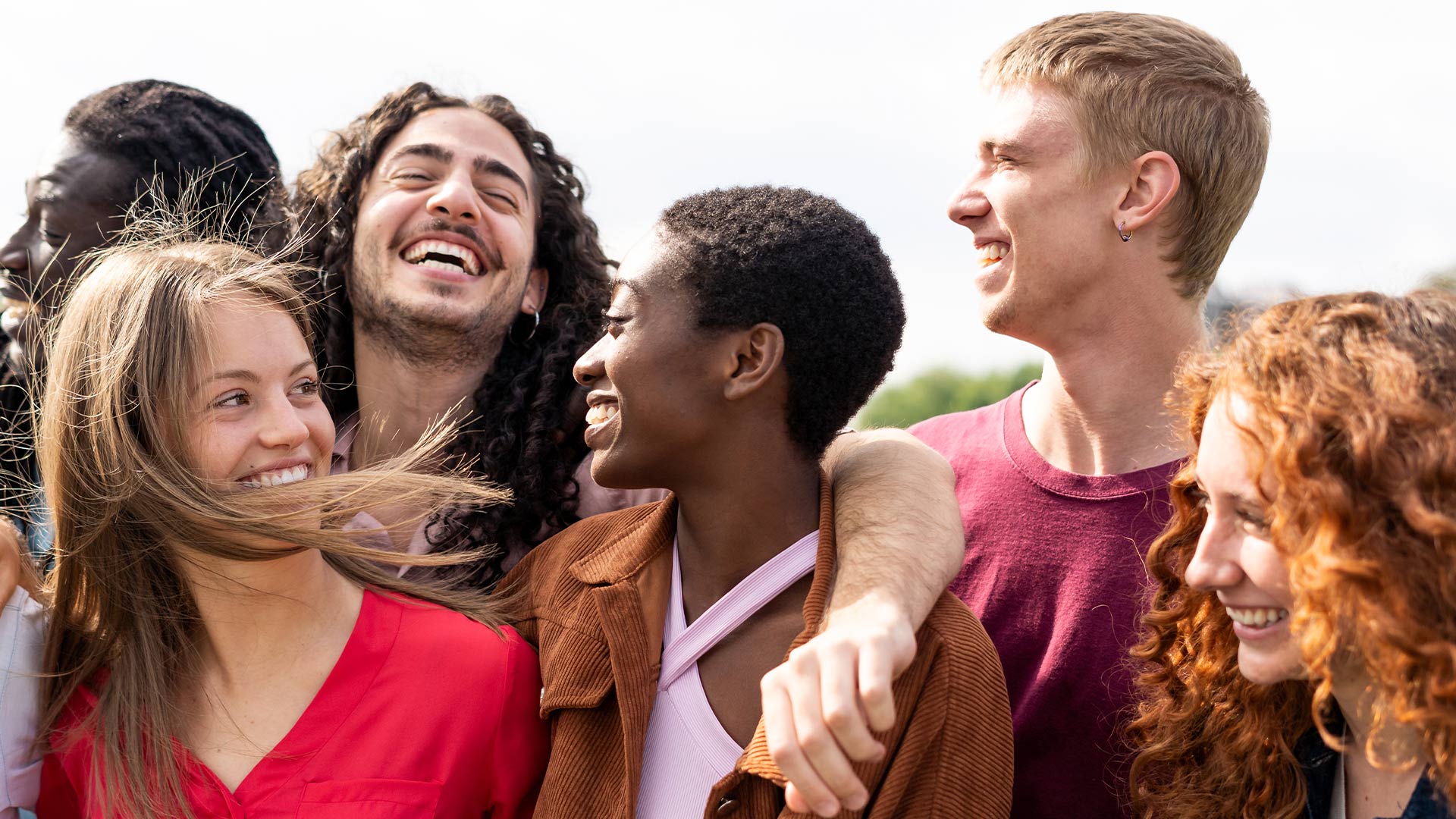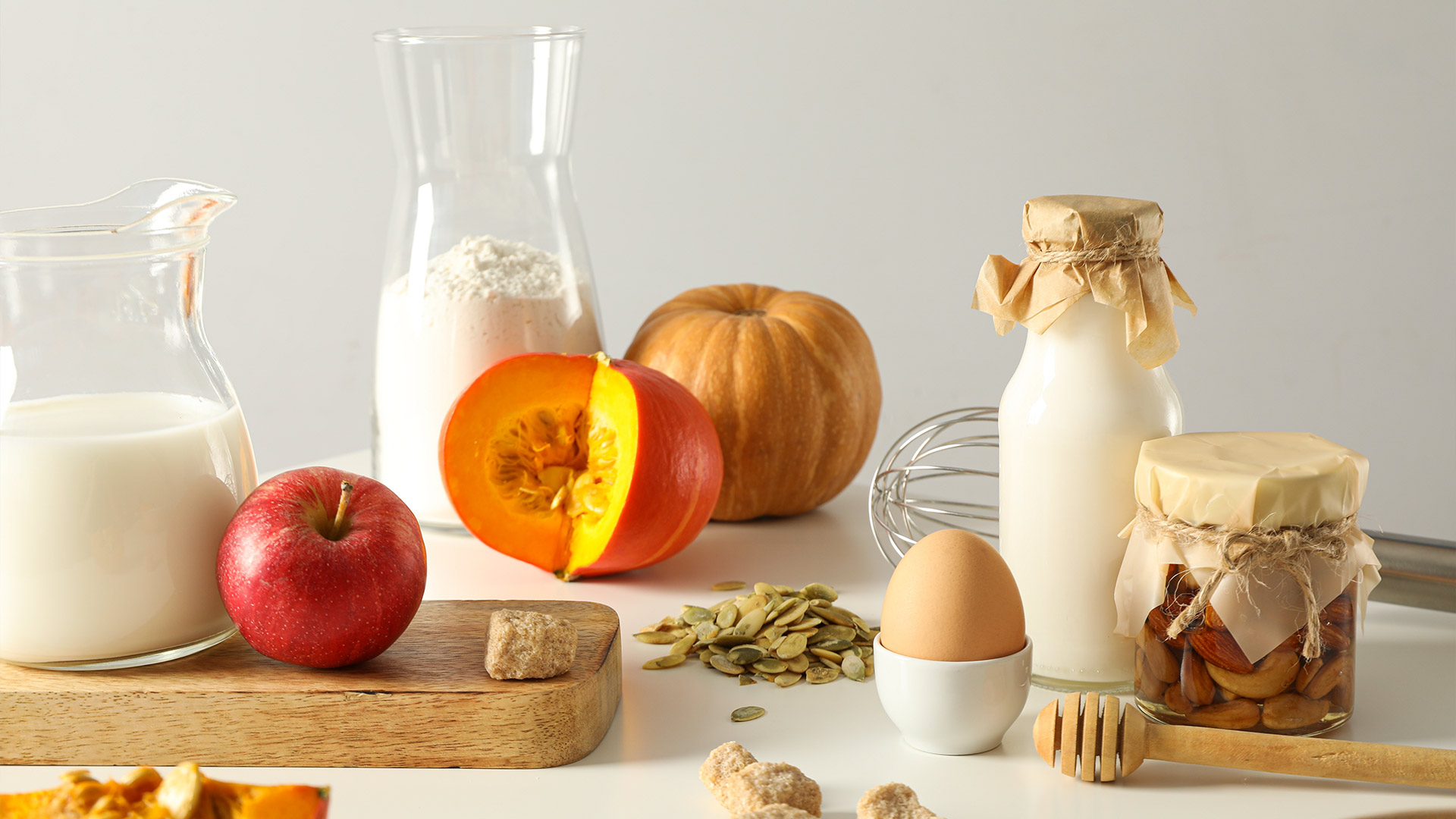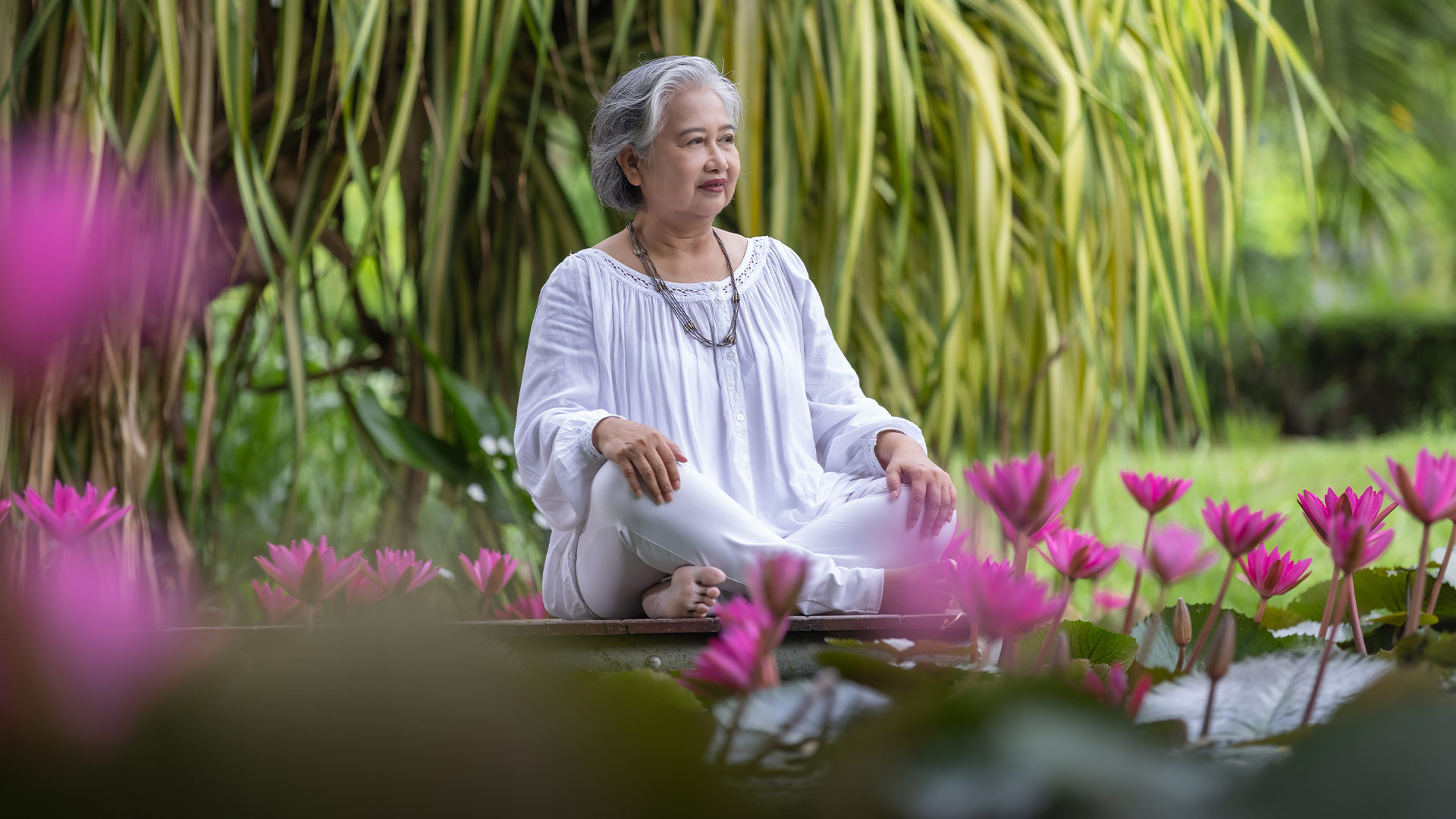You know that warm, fuzzy feeling you get after brunch with your best friends? Turns out, that might be the key to staying young—not just at heart, but literally.
Social connection isn’t just a “nice-to-have.” It’s one of the most underrated anti-aging tools out there. While we often focus on skincare routines and green smoothies, it’s our relationships that could be making the biggest difference in how we age—inside and out.
Let’s break down exactly why staying social can help you live longer, look younger, and just feel better every single day.
Loneliness Ages You—Faster Than You Think
Here’s the not-so-fun fact: chronic loneliness is linked to higher levels of inflammation, heart disease, depression, and even cognitive decline. A study from Brigham Young University found that loneliness can be as bad for your health as smoking 15 cigarettes a day.
And we’re not talking about being alone. It’s the lack of meaningful connection that matters. You can be surrounded by people and still feel lonely—or be alone and totally content. The key is feeling seen, heard, and supported.
Socializing Boosts Your Brain
Ever noticed how you feel more mentally “awake” after talking to someone who makes you laugh? That’s not just your imagination.
Engaging in conversation lights up multiple areas of your brain—memory, emotion, language, reasoning. It’s like a full-on workout for your mind, and it helps:
- Improve focus and attention
- Keep your memory sharp
- Reduce your risk of dementia as you age
One study even found that people with strong social ties had better brain function into their 70s and 80s than those with weaker connections.
So yeah, your group chat could be keeping your brain young.
Friends Help Regulate Stress
When life gets messy (and let’s be real—it always does), having a support system makes a massive difference. Just talking to someone who gets it can lower your cortisol levels—that pesky stress hormone that contributes to weight gain, wrinkles, poor sleep, and more.
Laughing with a friend? That triggers the release of endorphins—your brain’s natural feel-good chemicals.
Even venting (lightly, not spiraling) to someone you trust helps you process emotions instead of letting them fester and build into long-term stress.
Translation? Less stress, less damage to your skin, heart, and overall health.
Being Social Encourages Healthy Habits
We hate to admit it, but we’re all a little influenced by our crew. That’s not always a bad thing.
People with strong social ties are:
- More likely to exercise regularly
- More likely to eat balanced meals
- Less likely to smoke
- More likely to stay mentally active
If your friend texts “Spin class at 6?” or “Let’s go walk and vent,” you’re way more likely to say yes than if you were flying solo.
Positive peer pressure? It’s a thing—and it’s powerful.
Real-Life Example: The Okinawa Effect
Okinawa, Japan is one of the world’s famous “Blue Zones”—places where people consistently live past 100. One big reason? Their tight-knit social circles, called “moai.”
A moai is a small group of friends who support each other emotionally, financially, and socially for life. People in moais meet regularly, eat together, check in on each other, and never let anyone fall through the cracks.
These strong social bonds are believed to be one of the key reasons why Okinawans age so well—mentally, physically, and emotionally.
No, you don’t need to move to Japan. But building your own mini-version of a moai? That could be huge.
It’s Not About Being the Life of the Party
You don’t need to be out every night or have hundreds of followers to get the anti-aging benefits of connection.
What really matters is quality over quantity.
A few close, genuine relationships can do more for your well-being than a calendar full of surface-level hangouts. You need people who:
- Check in on you
- Let you be yourself
- Can handle the messy stuff
- Make you laugh until your cheeks hurt
Whether it’s your childhood bestie, your book club, or even your neighbor you swap soup with—those are the connections that count.
How to Stay Social as Life Gets Busier
Let’s be real—adulthood gets crowded with work, kids, schedules, and 3,000 unread emails. Friendships can easily fall to the bottom of the to-do list.
But making social time a priority doesn’t have to mean big events or draining commitments. Try these instead:
- Text a voice memo to a friend while driving or walking
- Schedule a monthly coffee catch-up—put it on the calendar like a meeting
- Use video messages instead of just texting
- Join a hobby group—knitting, hiking, chess, whatever lights you up
- Host a casual “come as you are” dinner (no deep cleaning required)
Connection doesn’t have to be fancy. It just has to be real.
Even Digital Friendships Count
Not all meaningful friendships are IRL anymore—and that’s okay.
Online communities, Discord chats, long-distance FaceTimes, even group DMs with people you’ve never met in person—these can all provide real emotional support and mental stimulation.
In fact, for people who live alone or have limited mobility, digital friendships are lifelines.
So yeah, your internet friends totally count. Keep showing up in those group chats.



